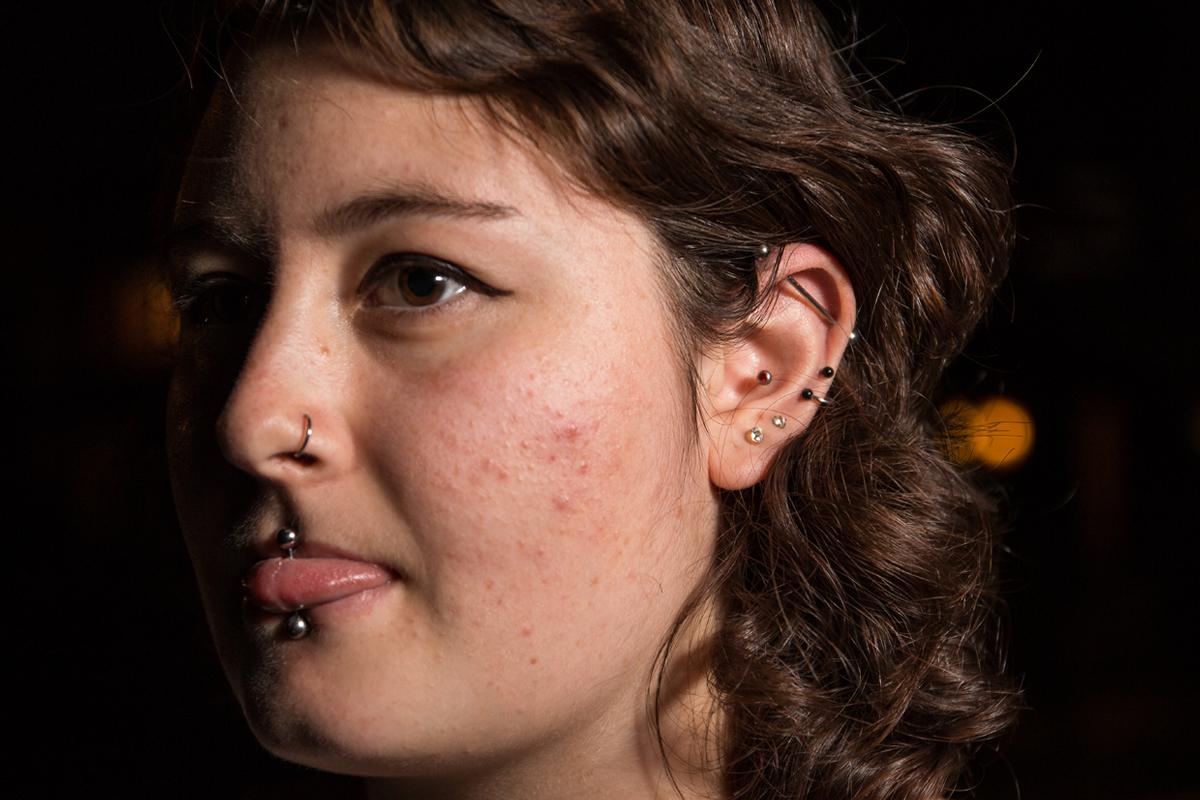“You look like a pig.”
“How dare you stick a needle into your body like that.”
“I don’t like it. It’s not very lady like.”
The above phrases illustrate comments directed at me at one time or another. Given the incredible number of ways people choose to modify themselves, such as skin bleaching, skin implants, or saline injections, my 15 piercings and single tattoo appear fairly conservative. And yet, I still receive nasty looks and jibes.
Once I received a comment that my tattoo would make me look less beautiful on my wedding day and that my husband-to-be might not like it. If my future husband informed me on my wedding day that my tattoo made me less beautiful, he would be not the man for me.
Merriam-Webster defines body modification as “intentional alteration of the human body for religious, aesthetic or social reasons.” When most people think of body modifications they tend to think of the extreme ones, such as full body tattoos, piercings or plastic surgery. But the truth is, everyone has undergone some form of body modifications whether they knew it or not and mine are not any different.
RESISTING THE PRESSURE TO FIT IN
Many people conform to this society’s aesthetic definitions of beauty through the simplest body modification. Shaving, dying or even cutting hair represents forms of body modification, although often not thought of as such because of wide cultural acceptance.
The pressure to modify your body according to social norms is strong — it is now strange to see a female with unpierced ears. Just because the location of a piercing changes, like some of my own, does not make it any different from the traditional piercing on the ear lobes.
People have argued that my choice to modify my body signifies self-loathing or a way to inflict self-injury. I must argue to the contrary. I do not loath my body. I love my body because God gave it to me. It does not belong to me, but to him, according to 1 Corinthians 6:19-20. I acquire piercings and tattoos because I want to adorn this body. They are not an attempt to hide or disfigure God’s workmanship, rather they enhance the beauty that is already present.

DISPLAYING YOUR PERSONALITY
For this same reason, many people decide to change their hair color, which I have done in the past. In 1 Corinthians 6:19-20, it also mentions my body being a temple for God. Each person decorates their temple in different fashions according to their unique tastes. According to the contract — or the covenant — that I have entered into with God, I have the right to express myself. Part of this right means I have the ability to decorate my body in line with what he has outlined as acceptable.
His Word contains no prohibitions against piercings or tattoos, just as a property owner's rental contract contains no restrictions for the color of paint used in the bedrooms. More importantly, I show God’s love of individuality and creativity with my body. And honestly, none of my body modifications have ever hurt me, so even if I had wanted to inflict pain upon myself, I have failed.
Body modifications display a matter of personal taste not a matter of morality. An individual has the right to find any type of body modification unattractive, but remember that opinions are based on personal taste. My piercings and my tattoo reflect my taste. But because people choose to adorn themselves in different ways than you does not make them less of a Christian. What matters to God lies on the inside of a man's heart.







